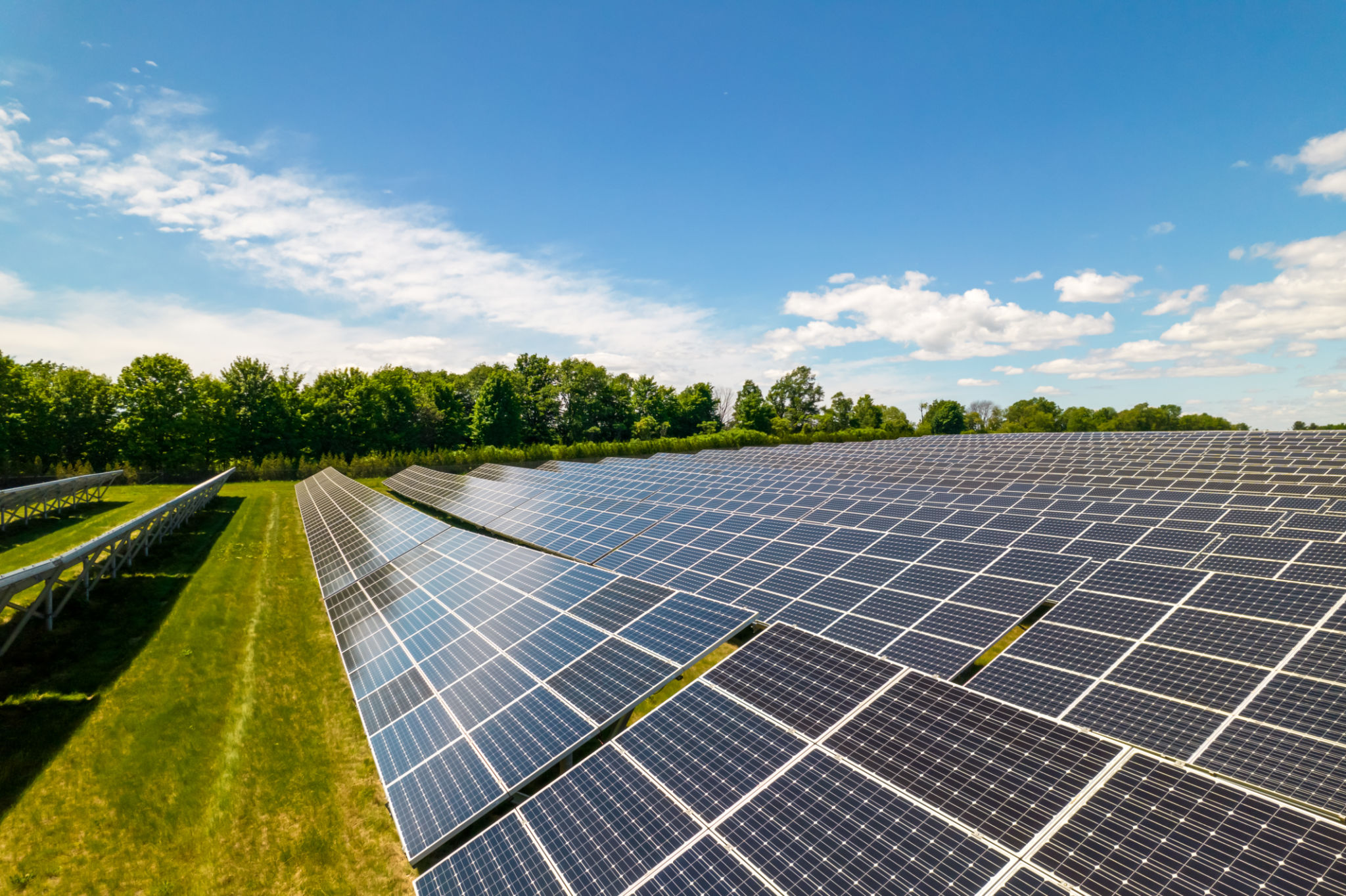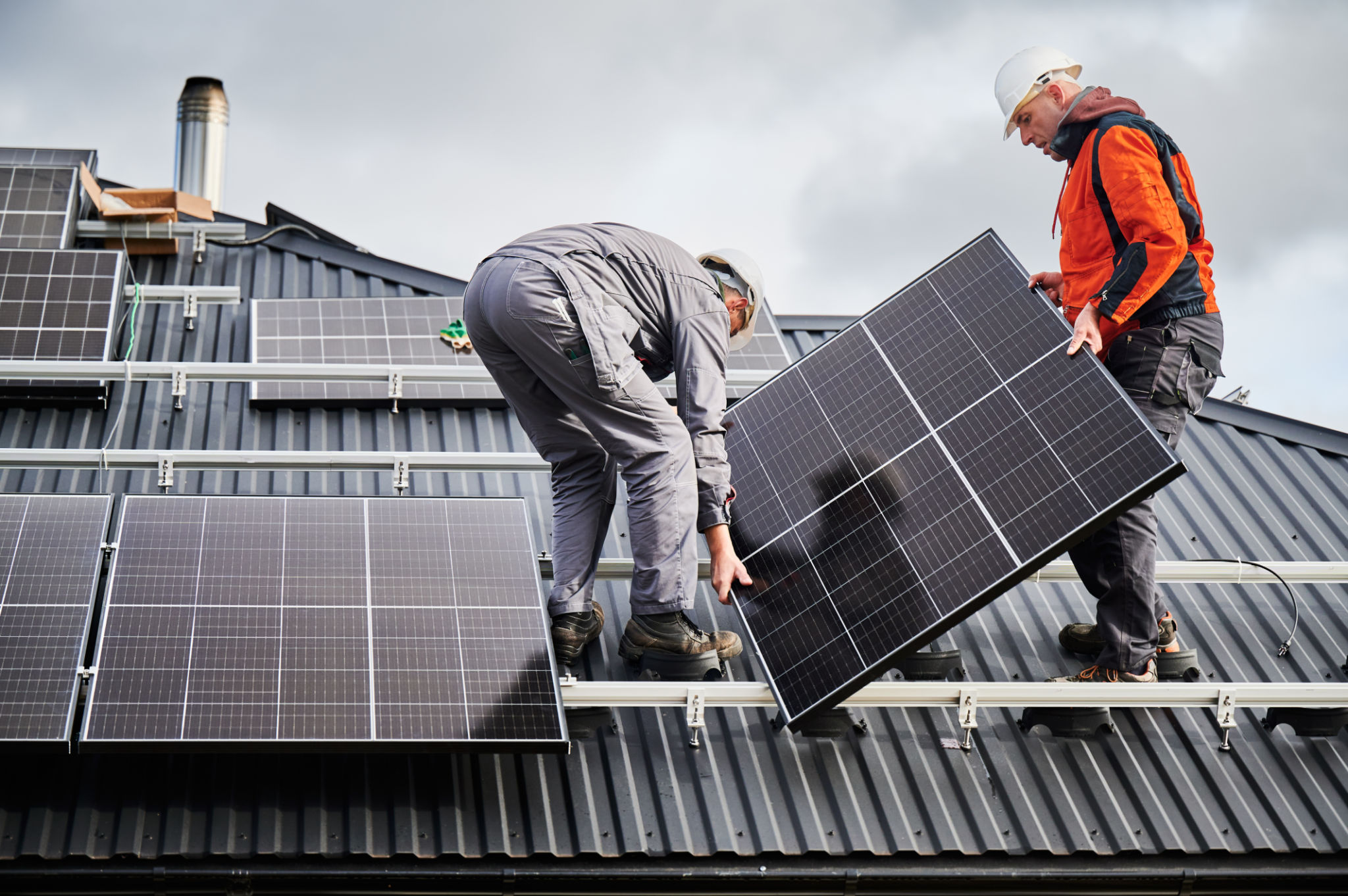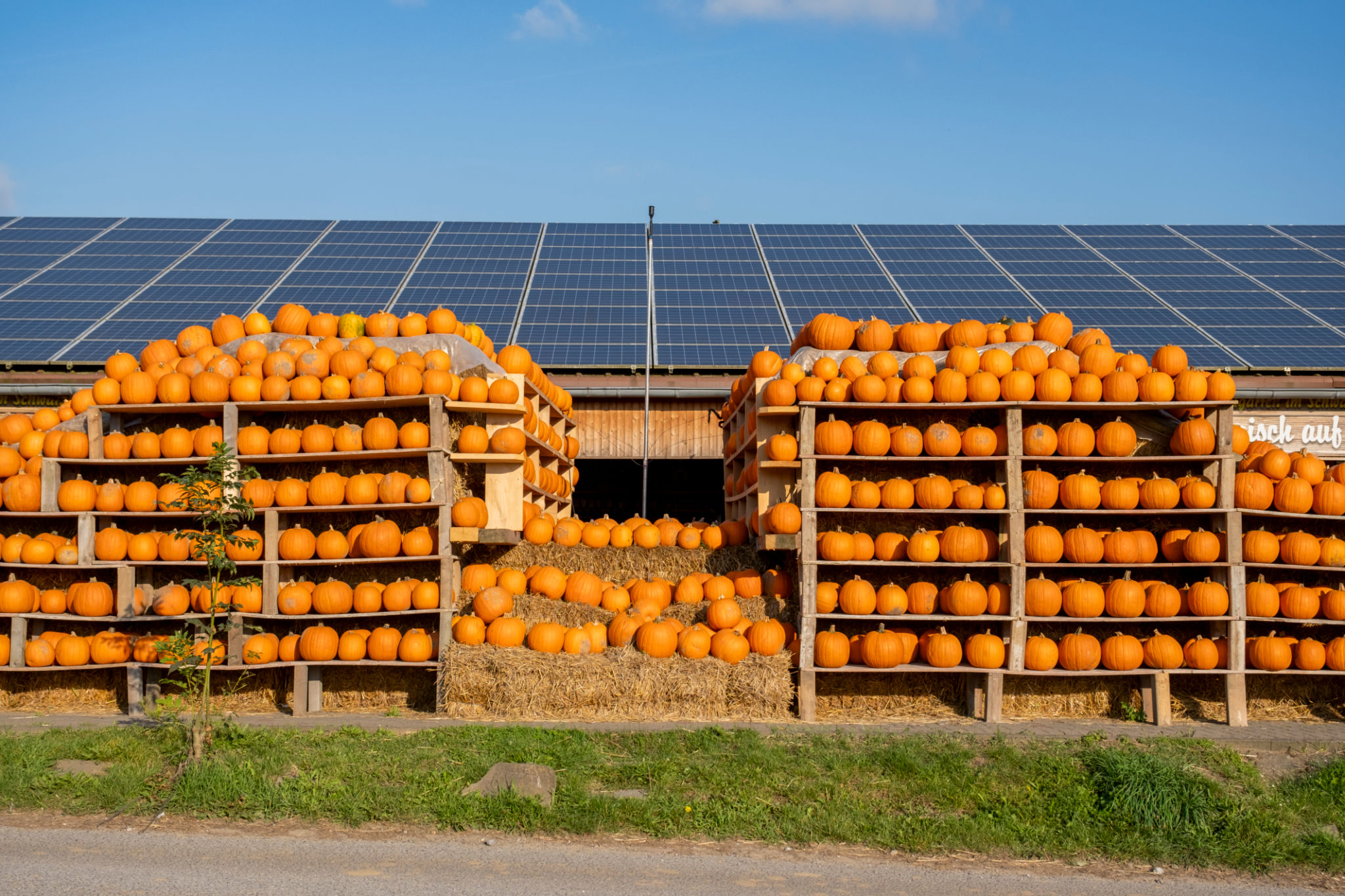Solar Power vs. Traditional Energy: The Shift Towards Renewable Energy in Cameroon
Introduction to Energy Sources in Cameroon
Cameroon, like many other countries, is at a crossroads in its energy journey. With a growing population and an increasing demand for energy, the nation faces a critical decision between continuing with traditional energy sources or adopting renewable energy solutions such as solar power. This decision is crucial not only for sustainable development but also for environmental preservation.
Traditional energy sources, primarily fossil fuels, have historically powered Cameroon's industrial and domestic needs. However, these resources are finite and pose significant environmental challenges. In contrast, solar power offers a renewable, cleaner alternative that aligns with global sustainability goals.

The Benefits of Solar Power
Solar power harnesses the abundant sunlight available in Cameroon, making it a highly viable energy source. Some of the key benefits of adopting solar power include:
- Environmental Sustainability: Solar energy is clean and produces no harmful emissions.
- Cost Efficiency: While the initial setup cost can be high, long-term savings on electricity bills are substantial.
- Energy Independence: Reduces reliance on imported fuels and enhances energy security.
Moreover, solar technology advancements have made this form of energy more accessible and affordable than ever before, encouraging households and businesses to consider making the switch.
Challenges Facing Solar Power Adoption
Despite its benefits, solar power adoption in Cameroon is not without challenges. Infrastructure limitations, high initial costs, and a lack of public awareness can hinder widespread implementation. Additionally, the need for skilled technicians to maintain solar installations can also be a barrier.

The government and private sector must collaborate to address these challenges by investing in infrastructure, offering incentives for solar installations, and educating the public on the benefits of renewable energy sources.
The Role of Traditional Energy
Traditional energy sources still play a significant role in Cameroon's energy landscape. Fossil fuels such as coal, oil, and natural gas continue to provide the majority of the nation's energy supply. These sources are well-established and provide reliable power, but they come with environmental costs.
The continued use of fossil fuels contributes to air pollution and greenhouse gas emissions, which have long-term detrimental effects on climate and health. As such, there is a pressing need to transition towards more sustainable options like solar power.

A Vision for the Future
Cameroon's future lies in a balanced energy strategy that integrates both renewable and traditional sources. By investing in solar power infrastructure and technology, the country can reduce its carbon footprint while meeting its growing energy needs.
Government policies and incentives will play a crucial role in facilitating this transition. Encouraging investment in solar technology and providing subsidies for solar installations can accelerate the shift towards renewable energy.
Conclusion: Embracing Change
The shift from traditional energy to renewable sources like solar power is not just an option for Cameroon; it is a necessity for sustainable development. By embracing solar technology, Cameroon can ensure a cleaner, more sustainable future for its citizens while contributing to global efforts to combat climate change.
This transition requires commitment from both the government and the public, but the long-term benefits make it an endeavor worth pursuing. With the right strategies and investments, Cameroon can lead the way in renewable energy adoption in Africa.
